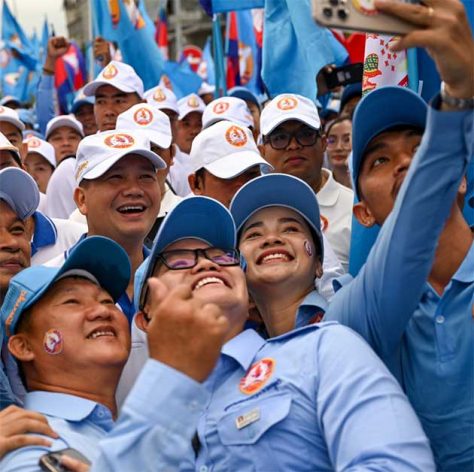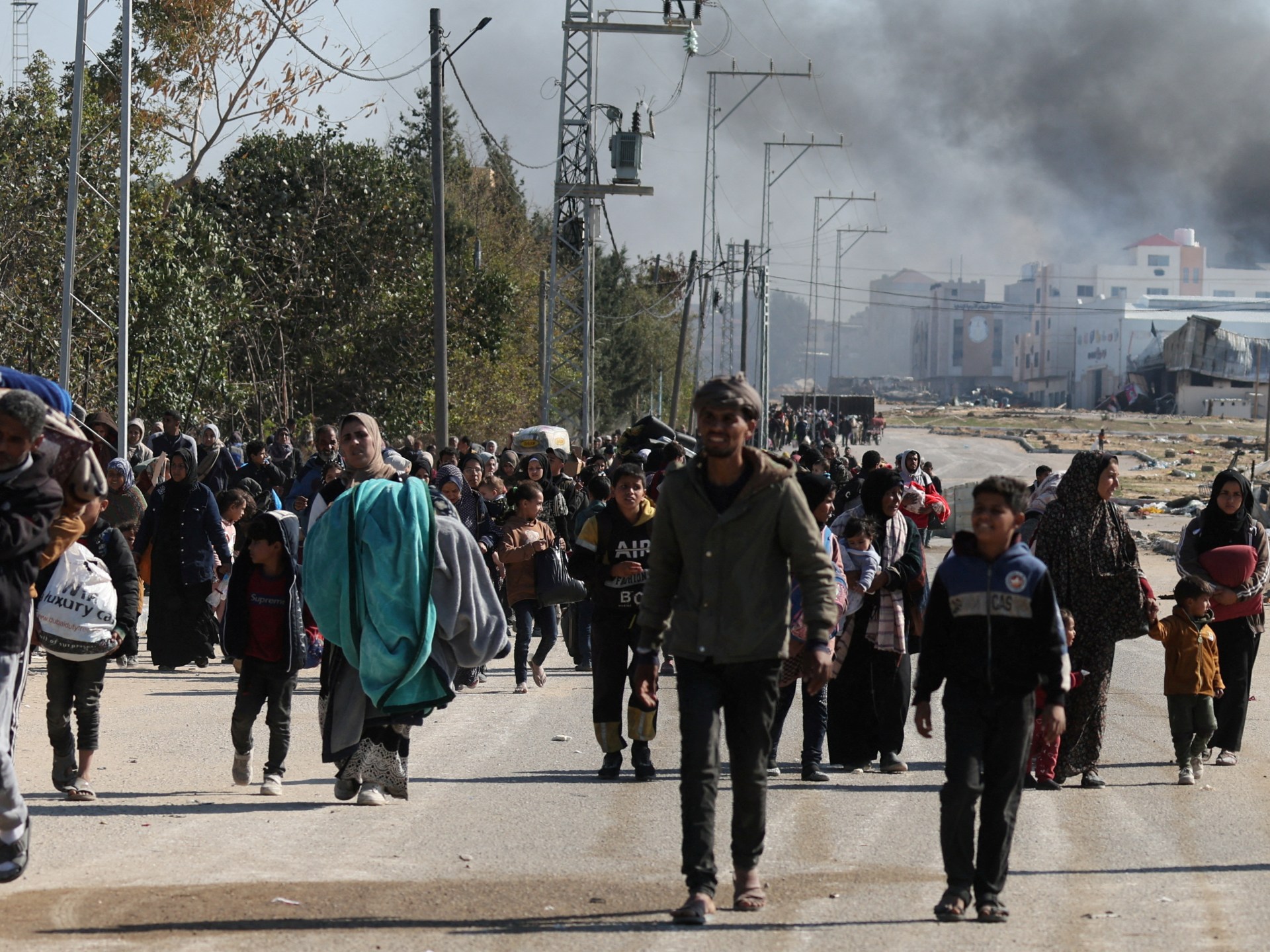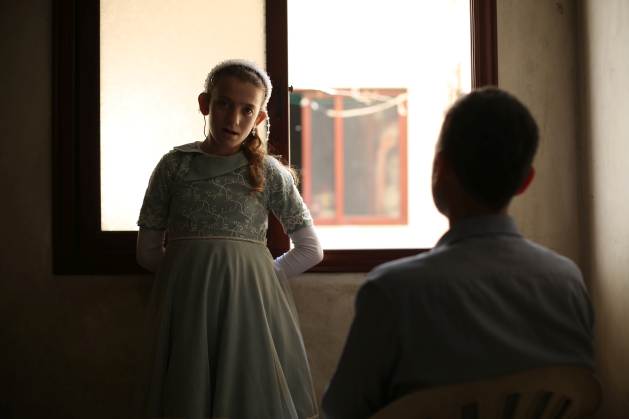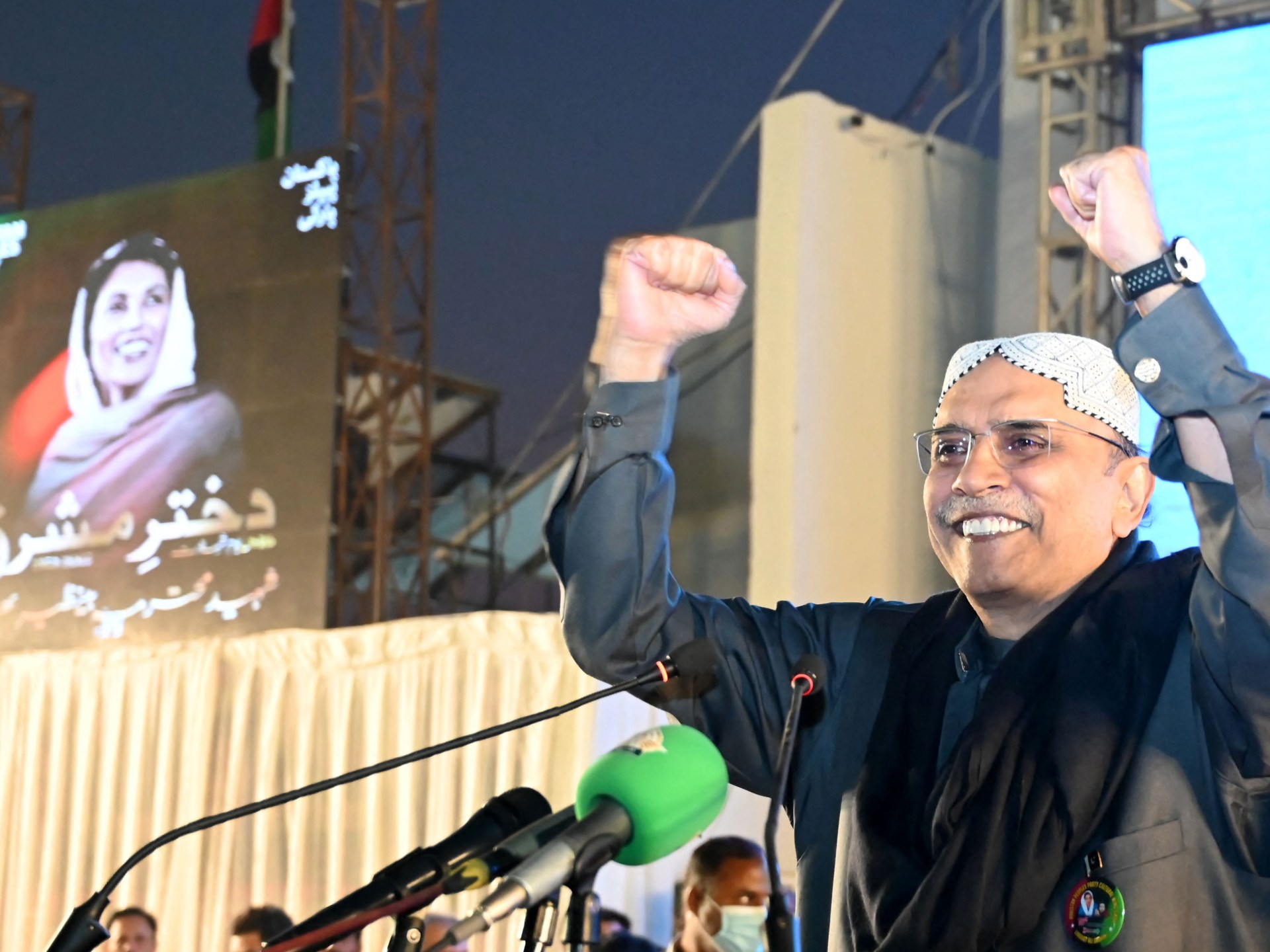Cambodia’s Election a Blatant Farce — Global Issues
MONTEVIDEO, Uruguay, Aug 04 (IPS) – The title shouldn’t fool you: Cambodian Prime Minister Hun Sen is one of the world’s longest-ruling autocrats. A political survivor, this former military commander had been bolted to his chair since 1985, presiding over what he turned into a de facto one-party system – and now apparently a dynastic regime.
On 23 July, running virtually unopposed, Hun Sen’s Cambodian People’s Party (CPP) took 82 per cent of the vote, winning almost all seats. The only party that could have offered a challenge, the Candlelight Party, had been banned on a technicality in May.
Following the proclamation of his ‘landslide victory‘, Hun Sen finally announced his retirement, handing over his position to his eldest son, Hun Manet. Manet had already been endorsed by the CPP. Winning a parliamentary seat, which he just did, was all he had to do to become eligible. To ensure dynastic succession faced no obstacle, a constitutional amendment passed in August 2022 allows the ruling party to appoint the prime minister without parliamentary approval.
Hun Sen isn’t going away: he’ll remain CPP chair and a member of parliament, be appointed to other positions and stay at the helm of his family’s extensive business empire.
A slippery slope towards autocracy
Hun Sen came to power in a world that no longer exists. He managed to cling onto power as everything around him changed.
He fought as a soldier in the Cambodian Civil War before defecting to Vietnam, taking several government positions under the 1980s Vietnamese government of occupation. He was appointed prime minister in 1985, and when 1993 elections resulted in a hung parliament, Hun Sen refused to concede defeat. Negotiations resulted in a coalition government in which he served as joint prime minister, until he orchestrated a coup to take sole control in 1997. At the head of the CPP, he has won every election since.
In 2013 his power was threatened. A new opposition party, the Cambodia National Rescue Party (CNRP), offered a credible challenge. The CPP got its lowest share of votes and seats since 1998. Despite obvious fraud, the CNRP came dangerously close to defeating Hun Sen.
In the years that followed, Hun Sen made sure no one would challenge him again. In 2015, the CNRP’s leader Sam Rainsy was summarily ousted from the National Assembly and stripped of parliamentary immunity. A warrant was issued for his arrest, pushing him into exile. He was then barred from returning to Cambodia, and in 2017 convicted for ‘defaming’ Hun Sen. His successor at the head of the CNRP, Kem Sokha, soon faced persecution too.
In November 2017, the Supreme Court ordered the dissolution of the CNRP and imposed a five-year political ban on 118 opposition members.
As a result, the only parties that eventually ran on a supposedly opposition platform in 2018 were small parties manufactured by government allies to give the impression of competition. In the run-up to the vote, the CPP-dominated National Election Committee (NEC) threatened to prosecute anybody who urged a boycott and warned voters that criticising the CPP wasn’t allowed. What resulted was a parliament without a single dissenting voice.
There was no let off after the election, with mass arrests and mass trials of former CNRP members and civil society activists becoming commonplace. Rainsy was sentenced in absentia to life imprisonment, and Sokha was given 27 years for ‘treason’. At least 39 opposition politicians are behind bars, and many more have left Cambodia.
But as the CNRP faded, the torch passed to the Candlelight Party. In June 2022 local elections, Candlelight proved that Hun Sen was right to be afraid: in an extremely repressive context, it still took over 20 per cent of the vote. And sure enough, in May 2023 the NEC disqualified Candlelight from the July election.
Civic space under assault
Political repression has been accompanied by tightening civic space restrictions.
The crackdown on independent media, underway since 2017, intensified in the run-up to the latest electoral farce. In March 2022, the government stripped three digital media outlets of their licences after they published stories on government corruption. In February 2023, Hun Sen ordered the closure of Voice of Democracy, one of the few remaining independent media outlets, after it published a story about Manet. Severe restrictions weigh on foreign media groups, some of which have been forced out of the country.
In contrast, government-owned and pro-government media organisations are able to operate freely. Major media groups are run by magnates close to the ruling family. One media conglomerate is headed by Hun Sen’s eldest daughter. As a result, most information available to Cambodians comes through the filter of power. Most media work to disseminate state-issued disinformation and discredit independent voices as agents of propaganda.
The right to protest is heavily restricted. Gatherings by banned opposition parties are prohibited and demonstrations by political groups, labour unions, social movements and essentially anyone mobilising on issues the government doesn’t want raised are routinely dispersed by security forces, often violently. Protesters are subjected to threats, intimidation, arbitrary arrests and detention, and further criminalisation.
As if leaving people with no choice wasn’t enough, Hun Sen also mounted a scare campaign to force them to vote, since a low turnout would undermine the credibility of the outcome. People were threatened with repercussions if they attempted to boycott the election or spoil ballot papers. The election law was hastily amended to make this a crime.
Experience gives little ground to hope that repression will let up rather than intensify following the election. There’s also no reason to expect that Manet, long groomed for succession, will take a different path from his still-powerful predecessor. The very least the international community should do is to call out the charade of an election for what it was and refuse to buy the Cambodian regime’s whitewashing attempt.
Inés M. Pousadela is CIVICUS Senior Research Specialist, co-director and writer for CIVICUS Lens and co-author of the State of Civil Society Report.
© Inter Press Service (2023) — All Rights ReservedOriginal source: Inter Press Service
Check out our Latest News and Follow us at Facebook
Original Source







